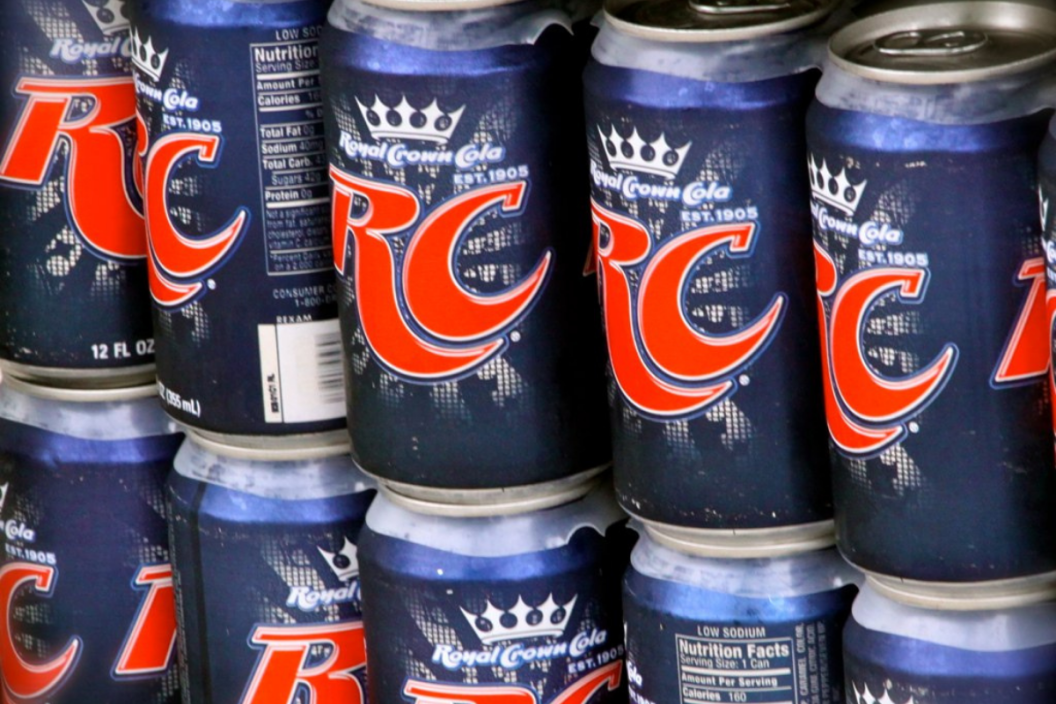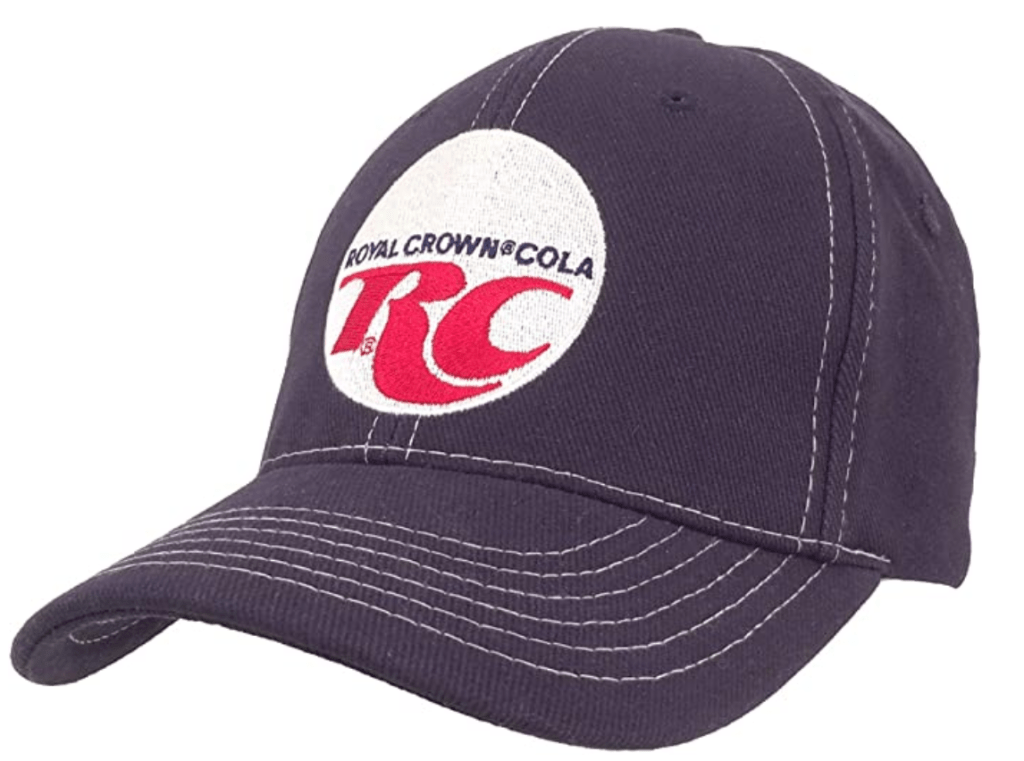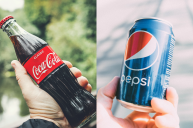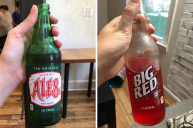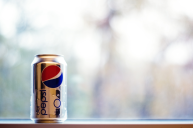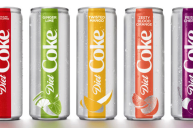Have you ever heard of RC Cola? This soda is a direct competitor to Coca-Cola and Pepsi and can often be found alongside its counterparts in the soft drink aisle. Short for Royal Crown Cola, the brand actually came to be because its founder sold so much Coke as a grocery wholesaler, he thought he should get a special price for it, and was denied. He decided to stop selling the soft drinks and come up with his own bottling company called Union Bottling Works. These bottlers eventually began producing RC Cola, and an unlikely star was born.
What is RC Cola?
RC was invented by Claud A. Hatcher in 1905. It was created for Cole-Hampton-Hatcher Grocery Store to get around paying the high costs of purchasing Coca-Cola syrup at the time.
First, Hatcher came up with Royal Crown Ginger Ale, then Royal Crown Strawberry, and then Royal Crown Root Beer to sell in his family's grocery store. He then made Chero-Cola, a cherry-flavored cola, and his company was renamed Chero-Cola in 1910. His bottling group was the first company to package their beverages in cans, and later the first company to package their soda in aluminum cans, making it a popular beverage for the working class in the 50s.
Long story short, after some other name changes — Nehi Corporation, and Royal Crown Cola company again — the company changed hands a few times through the involvement of Cadbury Schweppes and Snapple and is now owned by Keurig Dr Pepper in the United States. Today, non-US RC-branded businesses are nested under Royal Crown Cola International. In some way, shape, or form, RC Cola has persisted all these years, even competing with bigger bottling companies like Pepsi.
What Have They Invented?
Besides regular old cola, RC Cola brand is also the mastermind behind the original selling of sodas in cans, and then aluminum cans. They also introduced the first diet cola, Diet Rite, in 1958. Can you imagine the cola wars if aluminum cans and Diet Pepsi or Diet Coke were not in the picture? Unfortunately, the sugar industry wasn't too keen on Diet Rite's success and lobbied for study on cyclamate, the main sweetener used in Diet Rite. Diet drinks of all kinds were pulled from the market, and rebranding attempts weren't successful for RC Cola.
The company also used pure cane sugar as a sweetener for a little while instead of high fructose corn syrup, but sales weren't great, and it was eventually discontinued. This was mostly a distribution issue not focused on pricing or demand. In a series of unfortunate events, RC Cola merely served as a guinea pig for its major competitors.
Is RC Cola Popular?
While the company is clearly not the giant that Pepsi and Coke are, Keurig Dr. Pepper did have an 18.2 percent market share of leading carbonated soft drink companies in the United States in 2019, according to Statista.
For a while in the 50s, RC Cola and moon pies were a popular "working man's lunch," according to Wikipedia. Doesn't seem all that healthy or nutritious today, but the Columbus, Georgia-founded company probably didn't worry too much about that at the time.
You can still find the cola products in some stores, or even on Amazon if you'd really like to try a can of Diet Cherry RC or whatever flavor you're interested in. Georgia is clearly proud of their product, as the New Georgia Encyclopedia has a whole entry for the little fl oz cans of RC Cola, in spite of also being the birthplace of Coca-Cola.
How do you think RC Cola would fare in taste tests next to Coke and Pepsi today?
